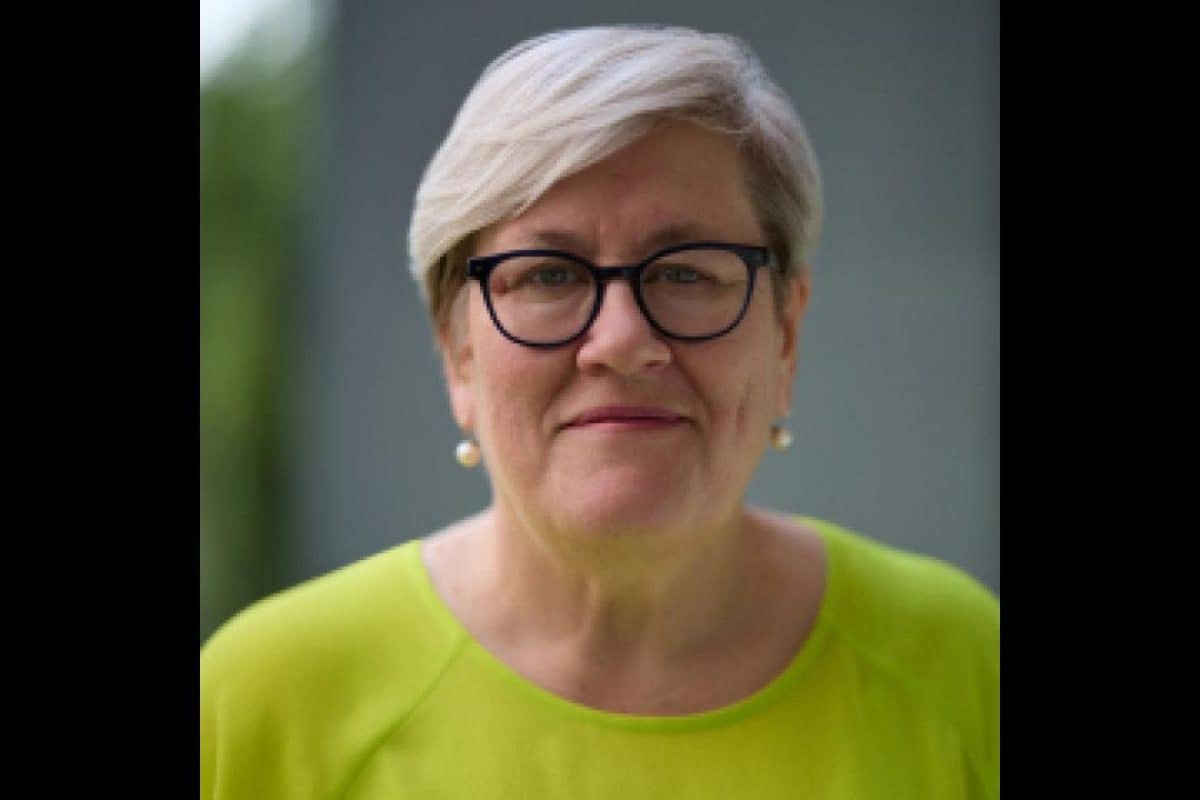

As the world gears up for COP30 in Belém, Brazil, the pressure is on to demonstrate tangible progress in climate finance and the fulfillment of past commitments. With the summit fast approaching in November 2025, key figures like the UK Climate Envoy are emphasizing the urgent need for action and accountability.
The Imperative of Climate Finance
Climate finance, encompassing grants, loans, and investments, is crucial for supporting global efforts to combat climate change. These financial resources are essential for both mitigating emissions and helping vulnerable countries adapt to the impacts of a rapidly changing climate. Investment in renewable energy projects represents a significant portion of mitigation efforts, while adaptation-oriented climate finance addresses the needs of countries most vulnerable to climate impacts.
Since 2009, developed nations have pledged to provide financial support to developing countries to aid in climate adaptation and mitigation. These commitments acknowledge that nations that have contributed the least to climate change often suffer the most from its consequences.
Shortfalls and the Road to COP30
Despite these pledges, wealthy nations have consistently fallen short of their promises. For example, the US has withdrawn from key climate agreements and cancelled billions in pledges to initiatives such as the Green Climate Fund. While a goal of $100 billion annually was set in 2009, it was not until COP29 that a target of $300 billion by 2035 was established. However, estimates suggest that actual needs range from $300 billion to $2 trillion annually.
The gap between commitments and reality is a major concern. Often, financial contributions take the form of loans rather than grants, increasing the debt burden of developing countries. This shortfall has led to calls for greater involvement of the private sector to meet ambitious funding targets.
To address these challenges, the COP29 and COP30 presidencies have promised a "Baku to Belém Roadmap" to identify pathways to bridge the funding gap. This roadmap aims to mobilize $1.3 trillion per year from public and private sources by 2035.
UK Climate Envoy's Perspective
Rachel Kyte, the UK Special Representative for Climate, is a prominent voice emphasizing the importance of fulfilling climate finance pledges. Kyte and others point out that governments were too slow to act on the 2015 Paris Agreement, with insufficient effort placed on ensuring finance flows align with low-emission and climate-resilient development.
Kyte's role involves: * Building the UK's profile as a progressive climate leader. * Deepening international climate partnerships. * Driving the clean energy transition and green growth. * Strengthening the mobilization of climate finance.
Concrete Actions and Expectations for COP30
As COP30 approaches, there is a growing consensus that implementation of existing initiatives should be prioritized over announcing new ones. Brazil, as the host of COP30, aims to accelerate action by involving governments, the private sector, and communities in concrete measures to reduce emissions and enhance climate resilience.
To achieve the goals of COP30, several key actions are necessary:
COP30 must serve as a forum for practical solutions that transform economies, infrastructure, energy generation, and waste management. The focus should be on tangible actions that address the climate emergency and drive sustainable development.